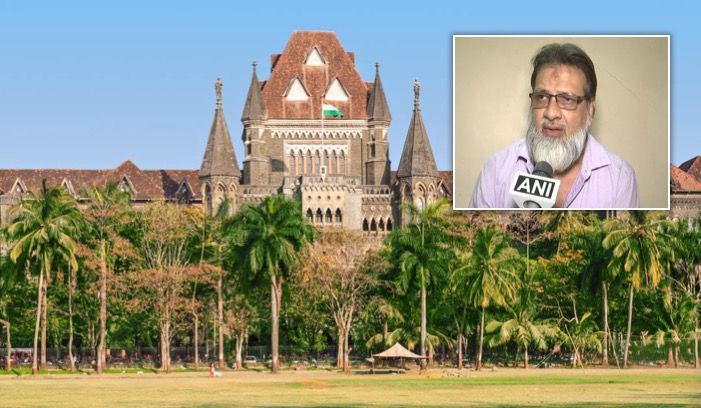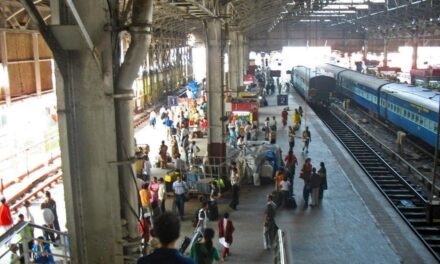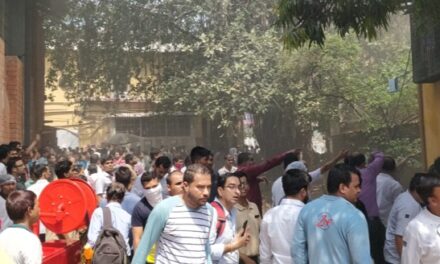Pakistan-born man, living in India for over 50 years, to get Indian citizenship


Asif Karadia’s mother was in Pakistan when he was born but she could not return for around two years due to tension between India and Pakistan relations in 1965
After a long and tedious legal battle, Pakistan-born Asif Karadia – who has been living in India for over 50 years – is set to get Indian citizenship.
According to reports, Union Ministry of Home Affairs informed the Bombay High Court on Monday that he will be granted Indian citizenship within 10 days.
Karadia, whose parents are of Indian origin, had approached the HC in December 2016 when his previous long-term visa (LTV) expired and the authorities refused to extend the visa unless he produced a Pakistani passport.
Earlier this week, following much litigation and several court orders, the ministry finally confirmed before a bench of justices A S Oka and M S Sanklecha that the Karachi-born Karadia will be granted Indian citizenship.
The 53-year-old had approached the HC after his LTV expired and a deportation notice was issued against him. Karadia told the court that he did not have a Pakistani passport or any other valid identity documents issued by their government.
Karadia’s father and mother were born in Gujarat before the partition, and his wife and three children are all Indian citizens.
His mother Zaibunnisa was in Pakistan when he was born but she could not return for around two years due to tension between India and Pakistan relations in 1965. After she came to India, she never applied for citizenship as she wasn’t aware of the rules.
Karadia, incidentally, had been living in India, earning a living by working at a local restaurant and paying taxes. He also had Indian ID proofs such as an Aadhaar card, a ration card, a PAN card, and even a voter ID card, but no passport.
Given that his citizenship application had been pending before the government for over seven years, Karadia urged the court to ensure the deportation notice against him was stayed and his LTV extended till the government took a call on his application.
Back in 2016, another HC bench denied him any interim relief, observing that even if a person was entitled to Indian citizenship, he or she could not be authorised to reside in the country without valid papers.
Fortunately for Karadia, the decision was overturned in 2017 when the court observed that his case was unique and directed the State and Centre to not take any coercive action against him.
The legal battle with the authorities started after Karadia applied for a passport to go for Haj. His application was rejected on the grounds that he was not an Indian citizen.













